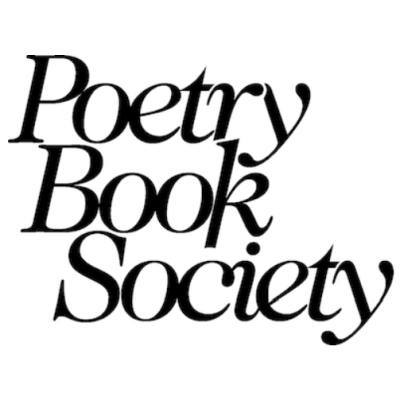Guaracara by Fawzia Muradali Kane PRE-ORDER
Published 26th June 2025. Available for pre-order.
This book traces the poet's ancestral Indo-Caribben legacy, following the history of the cane sugar industry, and growing up in an oil refinery small town in south Trinidad. The 'Guaracara' opening section contains snapshot recollections of a childhood that witnessed the effect and damage caused by the refinery to land and workers. These memories of loss of people and place are woven into reflections as an adult who has moved to a new life, thousands of miles away, across the Atlantic. The central long sequence 'Let us mourn the death of King Sugar', written in Trini Creole - the poet's first language - consists of 13 Stations/poems where King Sugar charms then admonishes, and at times mocks, then falsely comforts cane-field workers over 3 centuries. The Stations shadow the profane arc of the cane sugar industry's brutality of enslavement, through to indentureship's deceitful transportation, to end with a sudden shut-down in Trinidad & Tobago due to political and commercial reasons. The final sequence 'Ancestral Coda' links the poet's family oral histories passed down through the generations, intertwined with her own experience as witness to family rituals of more recent bereavements.
This book traces the poet's ancestral Indo-Caribben legacy, following the history of the cane sugar industry, and growing up in an oil refinery small town in south Trinidad. The 'Guaracara' opening section contains snapshot recollections of a childhood that witnessed the effect and damage caused by the refinery to land and workers. These memories of loss of people and place are woven into reflections as an adult who has moved to a new life, thousands of miles away, across the Atlantic. The central long sequence 'Let us mourn the death of King Sugar', written in Trini Creole - the poet's first language - consists of 13 Stations/poems where King Sugar charms then admonishes, and at times mocks, then falsely comforts cane-field workers over 3 centuries. The Stations shadow the profane arc of the cane sugar industry's brutality of enslavement, through to indentureship's deceitful transportation, to end with a sudden shut-down in Trinidad & Tobago due to political and commercial reasons. The final sequence 'Ancestral Coda' links the poet's family oral histories passed down through the generations, intertwined with her own experience as witness to family rituals of more recent bereavements.

MEMBERS ENJOY 25% OFF ALL POETRY BOOKS

Join the Poetry Book Society for 25% off all books
Join the Poetry Book Society for 25% off all books

